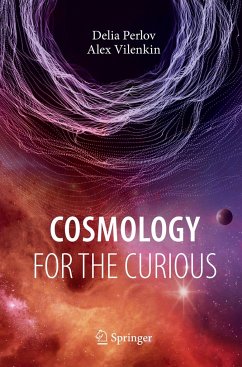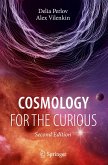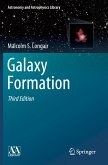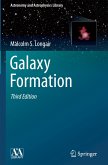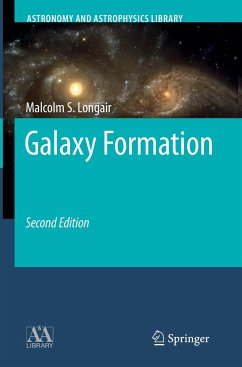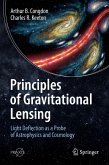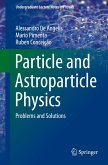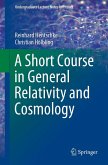This book is a gentle introduction for all those wishing to learn about modern views of the cosmos. Our universe originated in a great explosion - the big bang. For nearly a century cosmologists have studied the aftermath of this explosion: how the universe expanded and cooled down, and how galaxies were gradually assembled by gravity. The nature of the bang itself has come into focus only relatively recently. It is the subject of the theory of cosmic inflation, which was developed in the last few decades and has led to a radically new global view of the universe.
Students and other interested readers will find here a non-technical but conceptually rigorous account of modern cosmological ideas - describing what we know, and how we know it. One of the book's central themes is the scientific quest to find answers to the ultimate cosmic questions: Is the universe finite or infinite? Has it existed forever? If not, when and how did it come into being? Will it ever end?
The book is based on the undergraduate course taught by Alex Vilenkin at Tufts University. It assumes no prior knowledge of physics or mathematics beyond elementary high school math. The necessary physics background is introduced as it is required. Each chapter includes a list of questions and exercises of varying degree of difficulty.
Students and other interested readers will find here a non-technical but conceptually rigorous account of modern cosmological ideas - describing what we know, and how we know it. One of the book's central themes is the scientific quest to find answers to the ultimate cosmic questions: Is the universe finite or infinite? Has it existed forever? If not, when and how did it come into being? Will it ever end?
The book is based on the undergraduate course taught by Alex Vilenkin at Tufts University. It assumes no prior knowledge of physics or mathematics beyond elementary high school math. The necessary physics background is introduced as it is required. Each chapter includes a list of questions and exercises of varying degree of difficulty.
"As astounding as the quality of the science is that the publishers have given us as much colour as needed and as many equations (mostly in the appendices for the calculus-minded) for the price of a good dinner (without wine). I paid for my copy (at a Springer-editor & author's reduced price) and will use it if my department ever lets me teach one of those fun 'Cosmology for Poets' courses again." (Virginia Trimble, The Observatory, Vol. 138 (1267), December, 2018)
"It brings you up to the current state of the art of cosmology, it is educational and you even more appreciate the work of the genius scientists laying the foundations to solve the riddle of humankind ... . a "must" have for the curious. The mathematical appendix and the index are flawless." (Joachim J. Kehr, Journal of Space Operations & Communicator, Vol. 15 (1), 2018)
"Cosmology for the Curious offers an excellent tour of the key ideas in cosmology. It also crisply delineates our empirically determinedunderstanding from more speculative areas of current research. I am currently using it in my introductory cosmology class." (Priyamvada Natarajan, Physics Today, April, 2018)
"This is an introductory textbook, intended for first year physics students, with familiar textbook features like questions to answer at the end of each chapter. ... The ideal market for this book is ... a student about to start on a physics course at university who wants to make it more comfortable to ease into the course. Delia Perlov and Alex Vilenkin should be congratulated on making a big step towards accessibility in a book like this." (Popular Science, popsciencebooks.blogspot.de, October, 2017)
"It brings you up to the current state of the art of cosmology, it is educational and you even more appreciate the work of the genius scientists laying the foundations to solve the riddle of humankind ... . a "must" have for the curious. The mathematical appendix and the index are flawless." (Joachim J. Kehr, Journal of Space Operations & Communicator, Vol. 15 (1), 2018)
"Cosmology for the Curious offers an excellent tour of the key ideas in cosmology. It also crisply delineates our empirically determinedunderstanding from more speculative areas of current research. I am currently using it in my introductory cosmology class." (Priyamvada Natarajan, Physics Today, April, 2018)
"This is an introductory textbook, intended for first year physics students, with familiar textbook features like questions to answer at the end of each chapter. ... The ideal market for this book is ... a student about to start on a physics course at university who wants to make it more comfortable to ease into the course. Delia Perlov and Alex Vilenkin should be congratulated on making a big step towards accessibility in a book like this." (Popular Science, popsciencebooks.blogspot.de, October, 2017)

